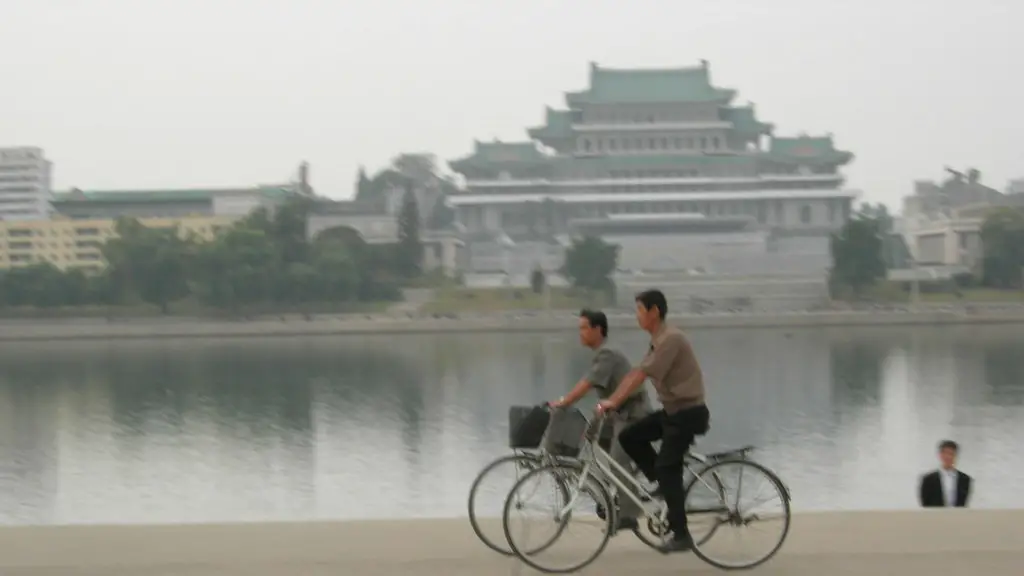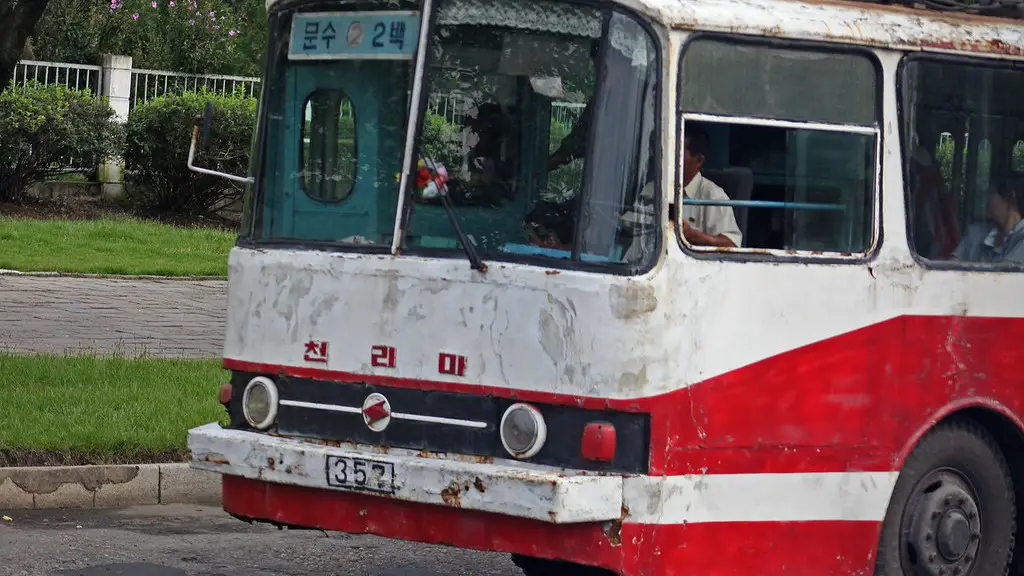Background Information
North Korea, officially the Democratic People’s Republic of Korea (DPRK), is an East Asian country located in the northern part of the Korean Peninsula. North Korea has a population of around 25 million and an economy that is highly dependent on the agricultural sector. Despite the country’s considerable natural resources and rich agricultural land, North Korea is facing severe hunger issues and is often referred to as the ‘land of hunger’. The country is usually classified as one of the least developed countries in the world, with an average per capita income estimated at around $1,690 per year.
Reasons for Hunger
While economic sanctions are often seen as a major cause of hunger in North Korea, there are a number of other factors that can be attributed to the country’s food insecurity. One of these factors is the North Korean government’s lack of investment in creating an effective agricultural sector. North Korea still uses outdated and inefficient agricultural practices and technology, resulting in low yields and diminished agricultural productivity. Poor infrastructure and an agricultural infrastructure that is often disconnected from larger markets also contribute to the country’s low agricultural output.
Furthermore, North Korea has been severely affected by natural disasters such as floods and extended droughts, which have hindered its ability to produce enough food for its own people. Climate change and an unpredictable weather regime have made it increasingly difficult for the North Korean agricultural sector to function effectively.
International Aid
Although international aid agencies and non-governmental organizations (NGOs) have attempted to help North Korea improve its agricultural output, their efforts have often been hampered by the fact that the majority of their resources are focused on providing emergency food aid to the country, rather than improving the country’s overall agricultural sector. Furthermore, the international community’s assistance to North Korea is often effective in the short-term, but rarely addresses the root causes of the country’s food insecurity, such as its lack of modern agricultural technology and infrastructure.
Political Obstacles
In addition to its lack of investment in the agricultural sector and the unpredictable weather pattern, North Korea faces a number of political obstacles that prevent it from achieving food self-sufficiency. North Korea has long been one of the most isolated nations in the world, with little to no engagement with the international community. This isolationism has led to international sanctions against the country, which have been a significant barrier to investment and progress.
The North Korean government has also been accused of diverting its limited resources away from the agricultural sector and instead using them to fund its military ambitions. This has unsurprisingly reduced the amount of money available to invest in improving the country’s food production capacity.
Economic Problems
North Korea’s economic problems are further compounded by its economic system, which is a highly regulated and distorted command economy. The lack of economic freedom and the widespread corruption present in the North Korean economy have led to its inability to effectively address the country’s food insecurity. Furthermore, international sanctions have made it virtually impossible for North Korea to gain access to foreign capital and foreign aid, which are necessary for improving the country’s agricultural sector.
Conclusion
In conclusion, North Korea faces a number of obstacles that prevent it from becoming self-sufficient in food production. From outdated and inefficient agricultural technology, to poor infrastructure and unpredictable weather, to international sanctions and economic distortions, North Korea is not in a position to provide food security to its own people. In order to address this problem, the North Korean government must invest in modern agricultural technology and infrastructure, as well as engage with the international community and create economic reforms. Without a concerted effort by the North Korean government and the international community, North Korea will continue to face a severe food insecurity crisis.

